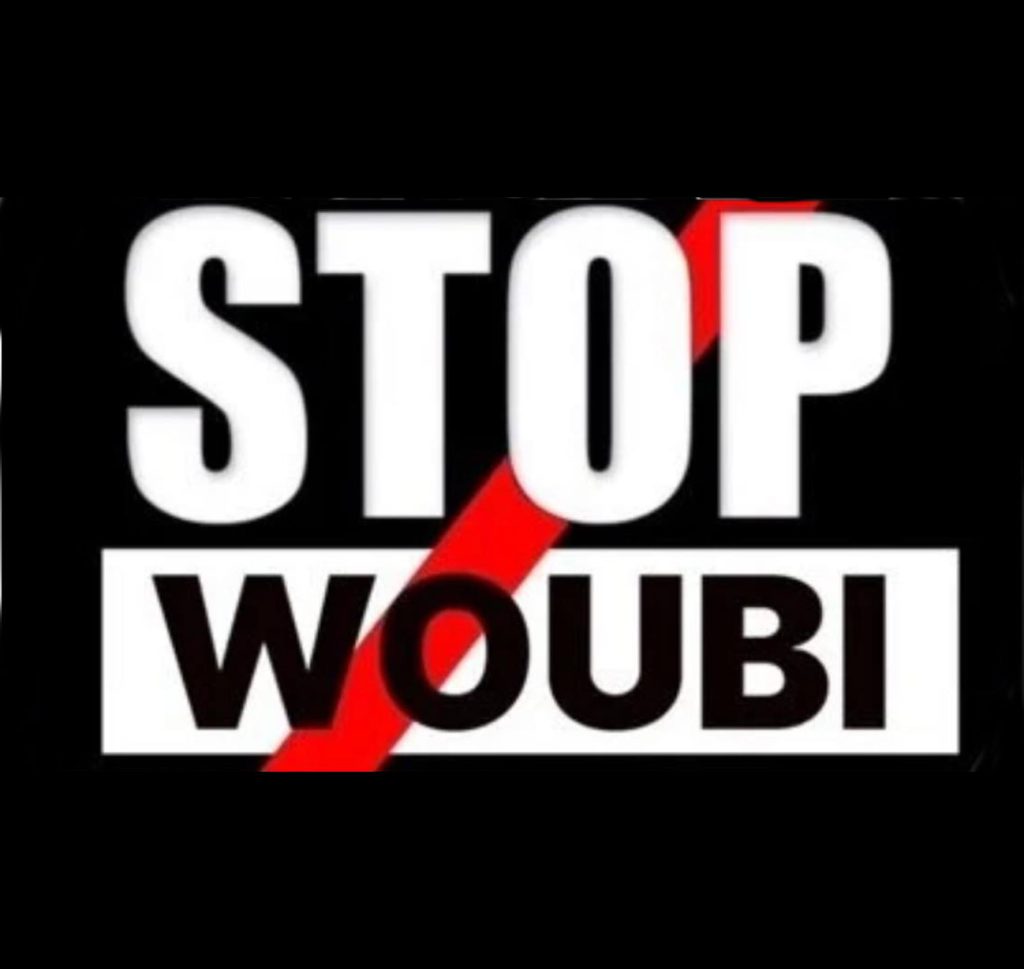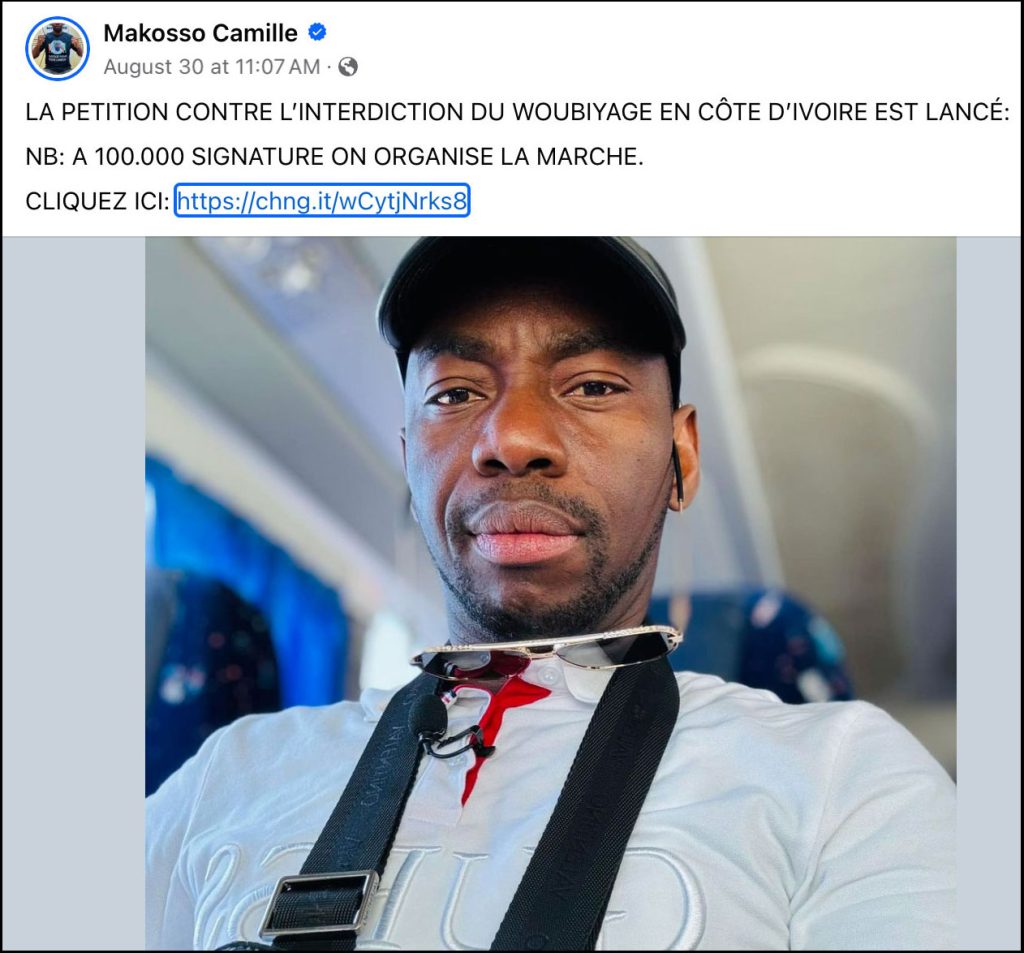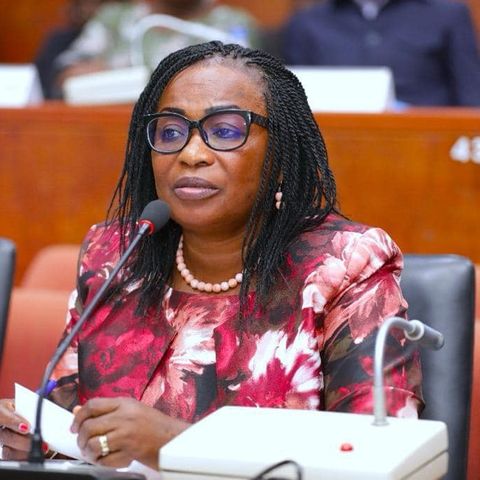Ivory Coast: Human rights defenders seek to block wave of anti-LGBT hatred
Targets are Ivory Coast’s gay, lesbian and transgender citizens, known locally as ‘woubis’ and ‘lélés’

The National Human Rights Council (CNDH) in the West African nation of Ivory Coast (Cote d’Ivoire) is appealing for an end to a recent wave of homophobic violence and online hatred targeting gay, lesbian and transgender citizens, known locally as “woubis”.
The CNDH “calls on the population to renounce the use of violence in expressing their disagreement in the face of the rise of the so-called ‘woubi phenomenon,’ ” the council stated in a Sept. 5 press release. “Despite their different sexual orientation and contrary to our customs and traditions, the members of this ‘woubi’ community remain above all human beings and benefit from the human rights enshrined in the Ivorian Constitution and international human rights treaties.”
In August, homophobic pastor Makosso Camille launched an anti-LGBTQ petition online and declared that he would organize an anti-LGBTQ march when it reached 100,000 names. He claimed that more than 56,000 people signed the petition, but it has been by Change.org, which declared that it violated community standards.

The France 24 publication Les Observateurs reported on the situation in the following article, which is edited and translated from the original French. Makosso has threatened to sue France 24 for allegedly defaming him in this article:
In Ivory Coast, a wave of anti-LGBT hatred online and in the streets
In this country known for being relatively tolerant towards LGBT people, widely followed online accounts for several weeks have been spreading calls for hatred against “woubis,” a local term for homosexual and transgender people.
This organized campaign has led to physical attacks and threatens the work of [LGBTQ advocacy and anti-AIDS] associations.
“In Ivory Coast, the Woubis feel too serene. […] When we say: the hunt is open, you won’t believe it. […] You won’t like what’s coming, it’s not good!” In a video, published on TikTok on August 21 and viewed 1,700,000 times, the General Makosso Camille account directly threatens the “woubis”.
This word “woubi” was initially used by the Ivorian LGBT community and then passed into common language.
Makosso, who presents himself as an evangelical pastor, claims that “woubis” “rape children in hotels” and are responsible for the spread of mpox in Ivory Coast.
The General Makosso Camille account on TikTok was suspended [but he has opened a new one where he declares “The fight continues.”]

On social networks, [the anti-LGBTQ wave] it started in June with Makosso Camille and a few other accounts, who began to publish calls for violence. During August, things got worse: there were rumors about a sexual assault on a 15-year-old minor, and some people accused young gays.
Without official communication from the police or real coverage by the local press, it is difficult to estimate the reality of that story. But the rumors are nevertheless being used by several accounts to mobilize against the “woubis”, as in a video by TikToker Dady Chocolat, published at the end of August and liked nearly 10,000 times.
“Ivorians are determined, they say they no longer want woubism in the country,” he states. “They are in the streets now. […] They have started to say “justice” for people who have been affected by woubis.” …
Homophobic influencers are also calling for the criminalization of homosexuality in Côte d’Ivoire, which is one of the few West African countries not to mention same-sex relationships in its laws.
“We need a law against woubis and lélés (a term designating lesbian women) as in Togo, as in Burkina, as in Cameroon,” demands General Makosso Camille. Many West African countries have also sought to toughen their laws targeting homosexuality in recent years, such as Ghana, Mali and Burkina Faso.
Influencers calling themselves “pan-African” and supporting the military juntas in power in Mali and Burkina Faso are active in supporting the homophobic campaign in Côte d’Ivoire.

This is a translation of the CNDH’s press release of Sept. 5, in which the council called on the LGBTQ community to “exercise caution and avoid any behavior that could be perceived as provocative or ostentatious”:
PRESS RELEASE No. 4 OF THE NATIONAL HUMAN RIGHTS COUNCIL (CNDH) ON THE KNOWN “WOUBI” PHENOMENON
The National Human Rights Council (CNDH) is concerned about the currently harmful climate surrounding the so-called “Woubi” phenomenon, which has in recent days become the target of several attack publications and insulting proposals on social networks. Some Internet users are even calling for their murder while others are making accusations against public figures, inviting them to comment on the situation.
The CNDH recalls that Côte d’Ivoire has always rejected recommendations relating to freedom of orientation before international bodies. The CNDH also emphasizes that in the preamble to its fundamental law, the people of Côte d’Ivoire affirmed their commitment to respecting cultural, spiritual and moral values, which constitute the foundation on which the identity and cohesion of many societies are based.
CNDH firmly believes that the protection of the rights of LGBT+ people can and must be carried out in a manner that respects these cultural values dear to Côte d’Ivoire, while promoting inclusion and dignity for all.
In a context where cultural sensitivities and opinions diverge, the CNDH invites the “LGBTQ+” community to exercise caution and avoid any behavior that could be perceived as provocative or ostentatious.
The CNDH “calls on the population to renounce the use of violence in expressing their disagreement in the face of the rise of the so-called “WOUBI” phenomenon, because despite their different sexual orientation and contrary to our customs and traditions, the members of this “WOUBI” community remain above all. human beings and benefit from the human rights enshrined in the Ivorian Constitution and international human rights treaties.
The CNDH, while recalling that social networks are not lawless zones, remains committed to the protection of human rights and will continue to closely monitor the situation to guarantee the security and rights of the population.
For the Council
The President
Namizata Sangare





The National Human Rights Council (CNDH) press release, while sensibly advocating that community members avoid anything that might exacerbate the situation, seems to have the wrong tone. Its lack of criticism of those stirring up hatred is disappointing to say the least. I am appalled by this pastor and his fellow travellers doing this in the name of God. It certainly isn’t Christian.